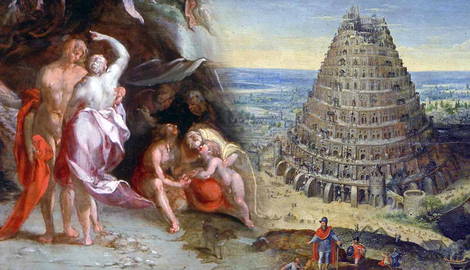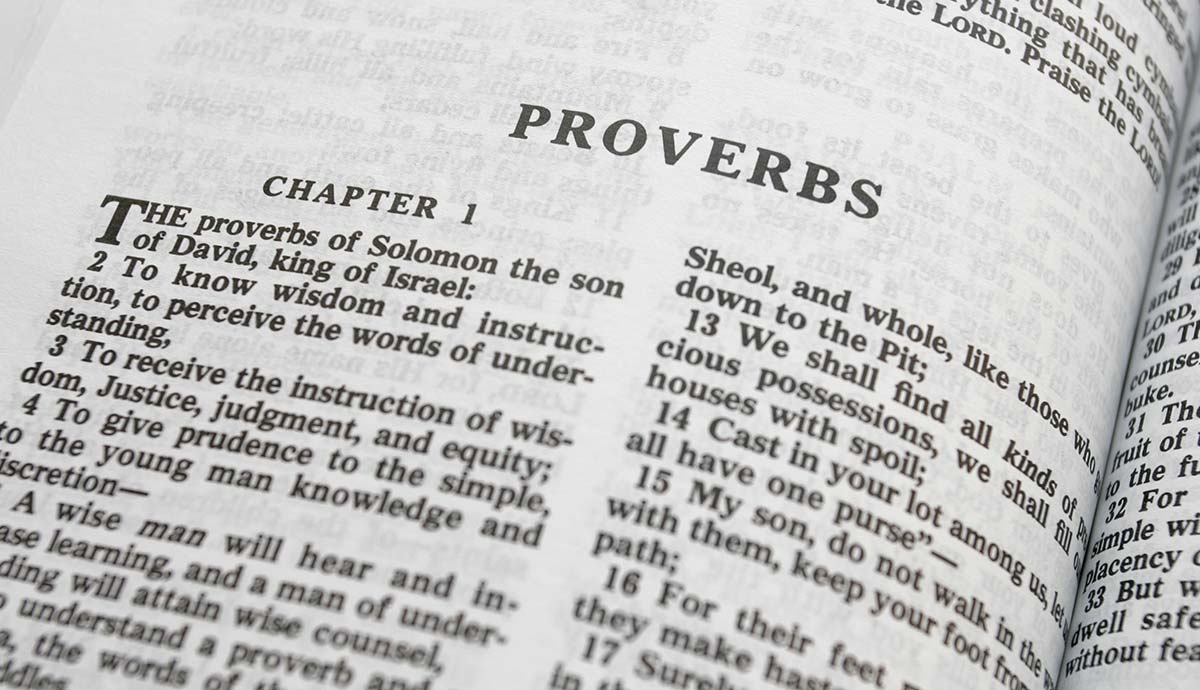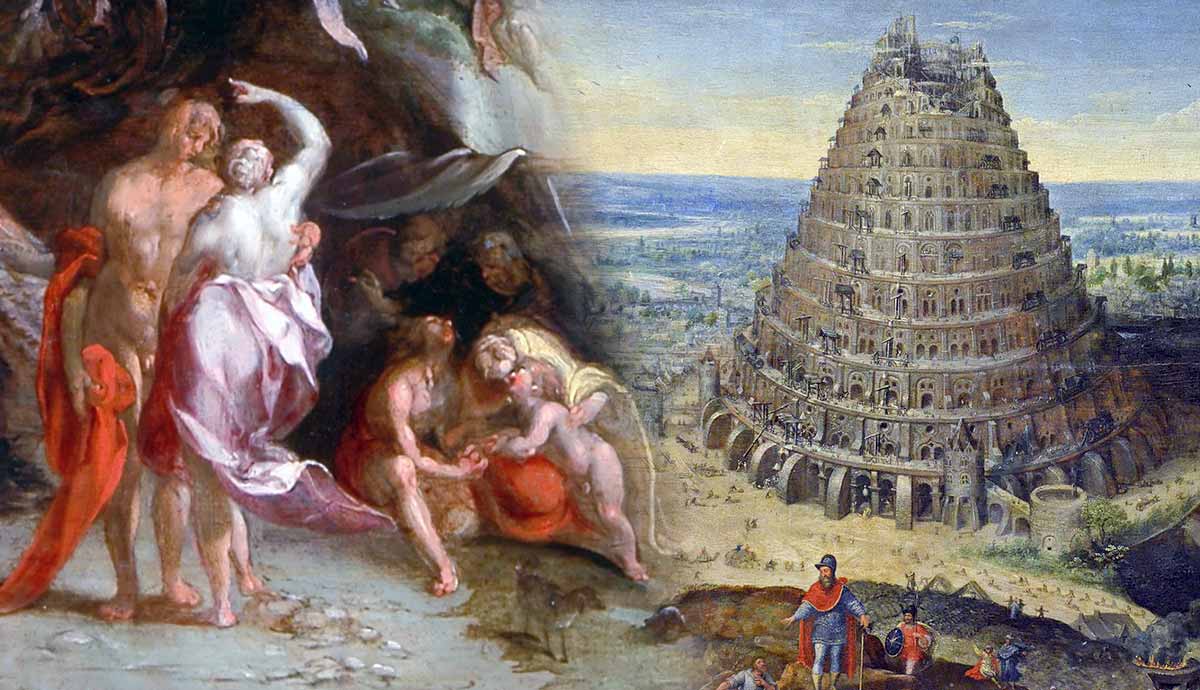
The Book of Genesis derives its name from the Hebrew word Bereshit (in [the] beginning), which is also the Hebrew word the first verse opens with. It is a book of origins detailing the origins of all creation, the origins of sin, the origins of languages, and the origins of Israel, the chosen people of God. The creation narrative has been a source of intense debate for the last two centuries. The narrative also explains the circumstances that gave rise to a rivalry that has divided communities for millennia and is still evident between Arabs and Jews today.
Authorship and Date
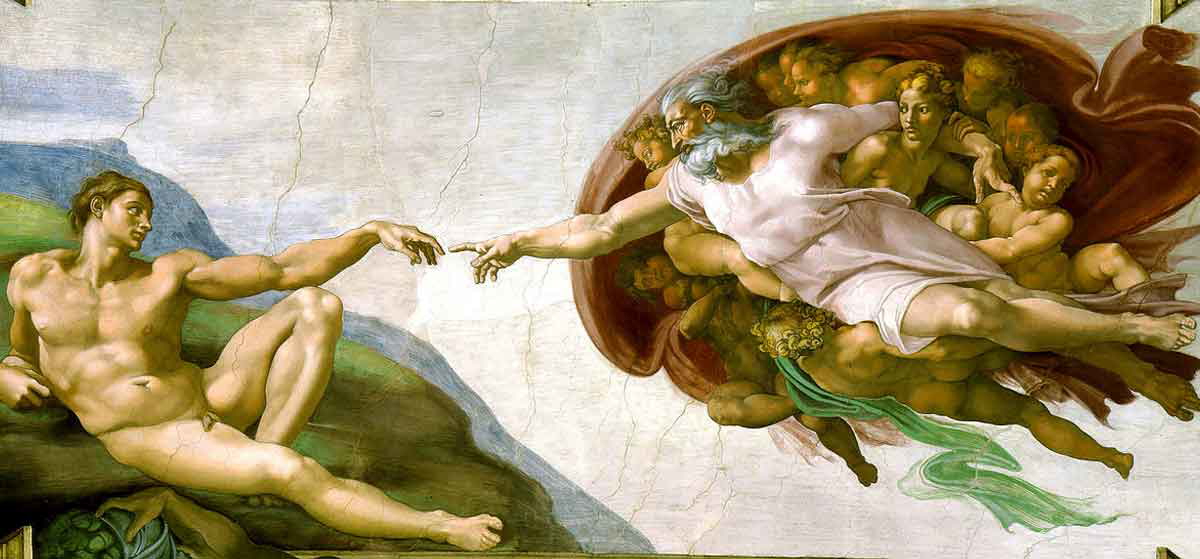
According to tradition, Moses authored Genesis, the first of five books of the Pentateuch ascribed to him. Many scholars, however, subscribe to the JEPD theory or Documentary Hypothesis, which postulates Genesis as a compilation of four works. If this theory is correct, the Torah was composed of a Yahwist (J), Elohist (E), Priestly (P), and Deuteronomist (D) source.
Scholars believe the Yahwist source (so named for its use of the name YHVH for God that English Bibles render as LORD) dates to the 10th century BCE. That would be during the reign of Solomon, maybe even a bit earlier. The Elohist source referred to God as Elohim translated as God. This source dates to the 9th century BCE, the first generations after the Israelite kingdom divided into two. The Priestly source, dated to the 6th century BCE when the Jews were in exile in Babylon, focuses on rituals, genealogies, and laws. The Deuteronomist, identified for highlighting obedience to the Law and found mainly in Deuteronomy, dates to the 7th century BCE.
The JEPD theory answers apparent contradictions in the Pentateuch, such as the two creation narratives recorded in Genesis 1 and 2. It also accounts for language differences in the text. The different contexts that gave rise to the development of these sources explain theological developments within Israelite society.
The documentary Hypothesis is not without critics. Some scholars subscribe to the Fragmentary Hypothesis or the Supplementary Hypothesis as alternatives.
Historical Context
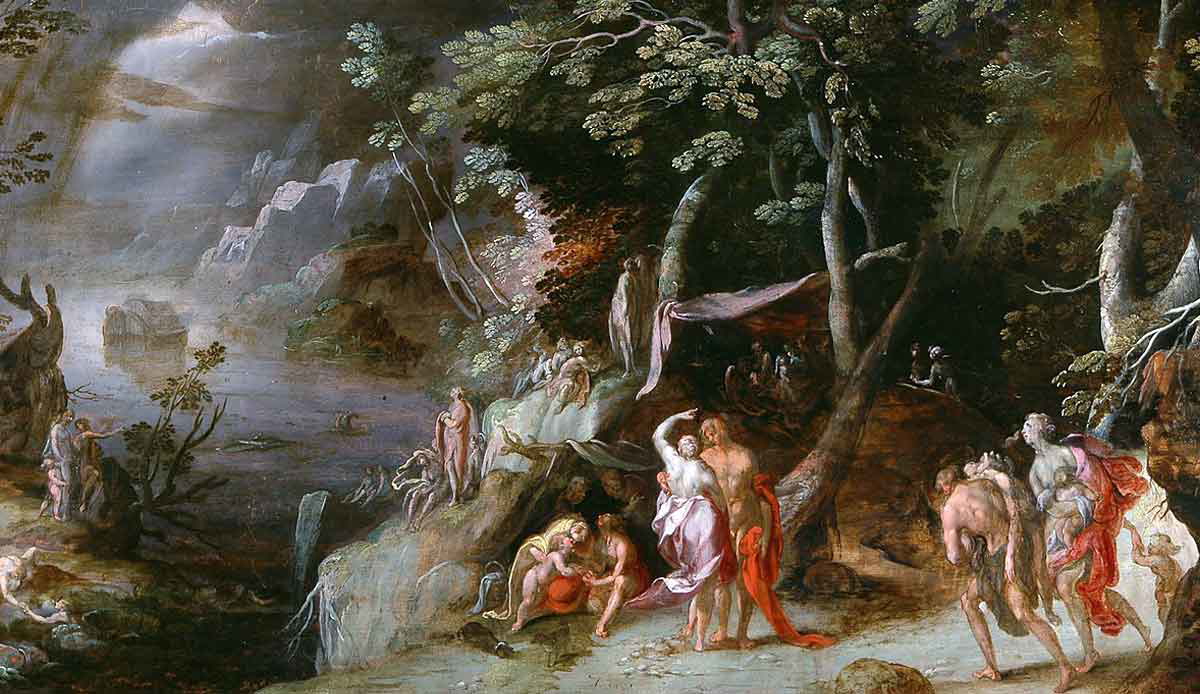
Whether the reader subscribes to the Mosaic or scholarly view on the authorship of the Book of Genesis influences the context of the Genesis narrative. If Moses was the author, he put in writing the oral tradition on the origin narratives transmitted down the lineage of Israel from the time of Adam.
From a scholarly perspective, the historical contexts of the sources used to compile Genesis would impact the different parts of the narrative. The Babylonian exile, for instance, would have exposed the Jews to creation myths such as the Enuma Elish Babylonian narrative. It may have sparked alternative narratives among Israelites that credit their God for creation. Similarly, the ancient Near East had flood stories and covenantal themes that the Genesis narratives echo. Most scholars believe that Genesis 1-11 is ahistorical and constitutes a myth.
Structure
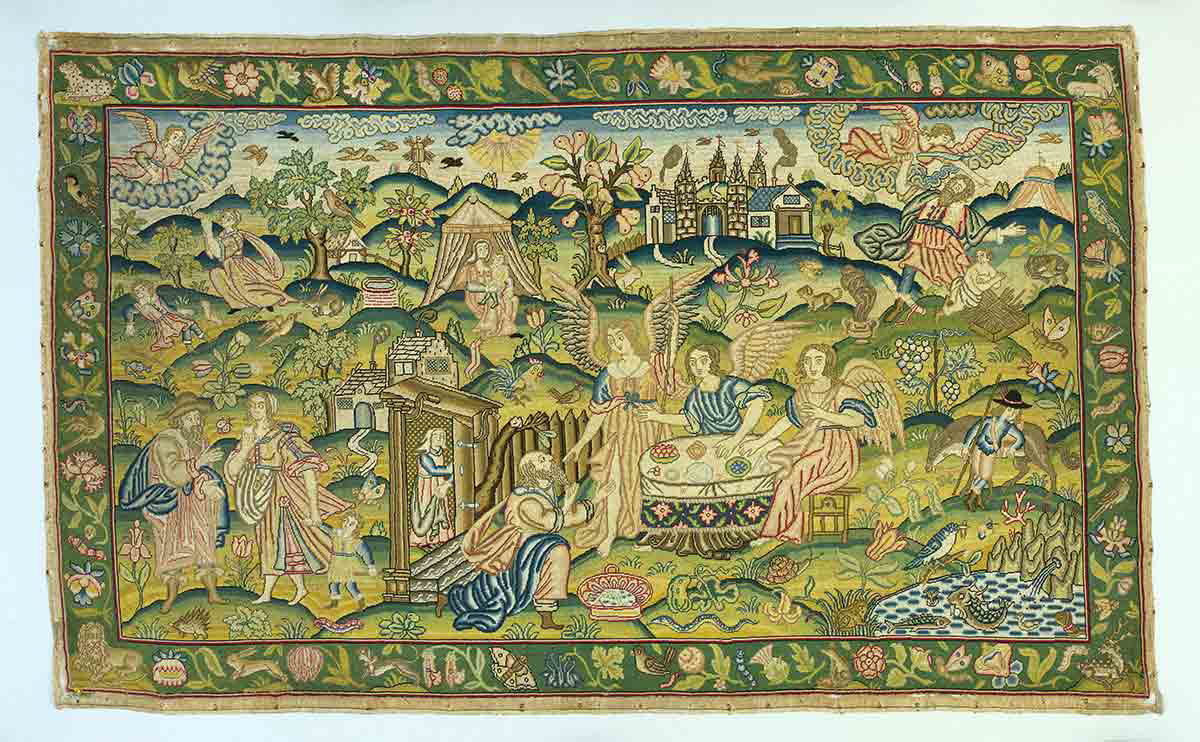
Creation (Genesis 1-2:3)
Genesis provides a day-by-day account of creation in seven successive days. Some argue that Genesis 2 provides an alternative to Genesis 1.
The pre-flood world (Genesis 2:4-11)
Genesis 2 starts the narrative with the interaction between God and man, the Fall, which caused a rift between them, and the resulting struggle in humanity which continually divides those who are faithful to God and those who rebel against him.
Patriarchal history
Genesis 12 to 50 relates the story of the three patriarchs, Abraham, Isaac, and Jacob (Israel), and the origins of the twelve tribes of Israel, the sons of Jacob. The narrative includes the providence of God in several situations showing his care and desire for a close relationship with his people.
Main Themes
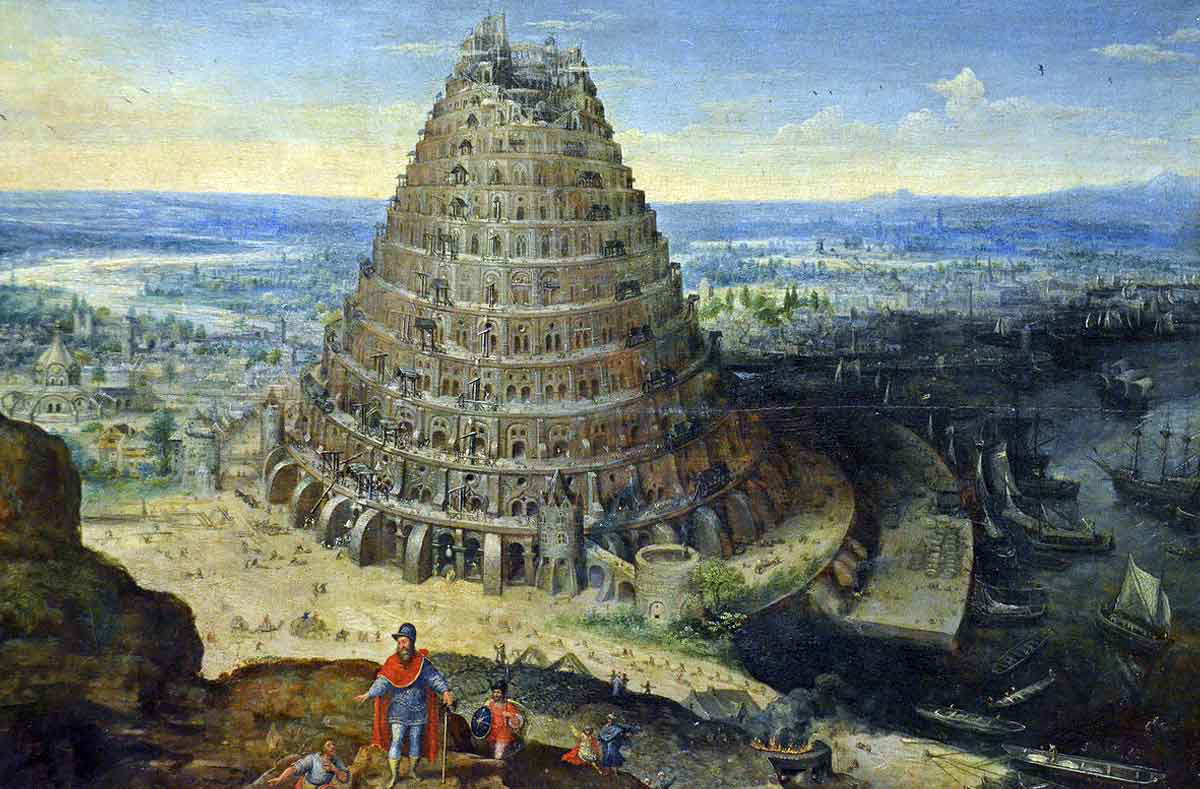
Origins
Genesis tells the story of several origins vital to understanding the rest of scripture. These are the creation narrative, sin, languages, and the patriarchs, among others.
Lineages
The Babel narrative explains the origin of different languages as a curse that resulted from a rebellion against God. The early Church Fathers considered that narrative essential to understanding the gift of tongues in the New Testament.
Deceit
Genesis contains many stories of deceit, starting with the serpent in the garden of Eden and continuing with Cain, Canaan, Laban, Jacob, and Potiphar’s wife, among others.
Covenant
Genesis provides the first account of a covenant between God and man. This original covenant, and similar covenants, become a recurring theme in the Old and New Testaments.
Key Passages
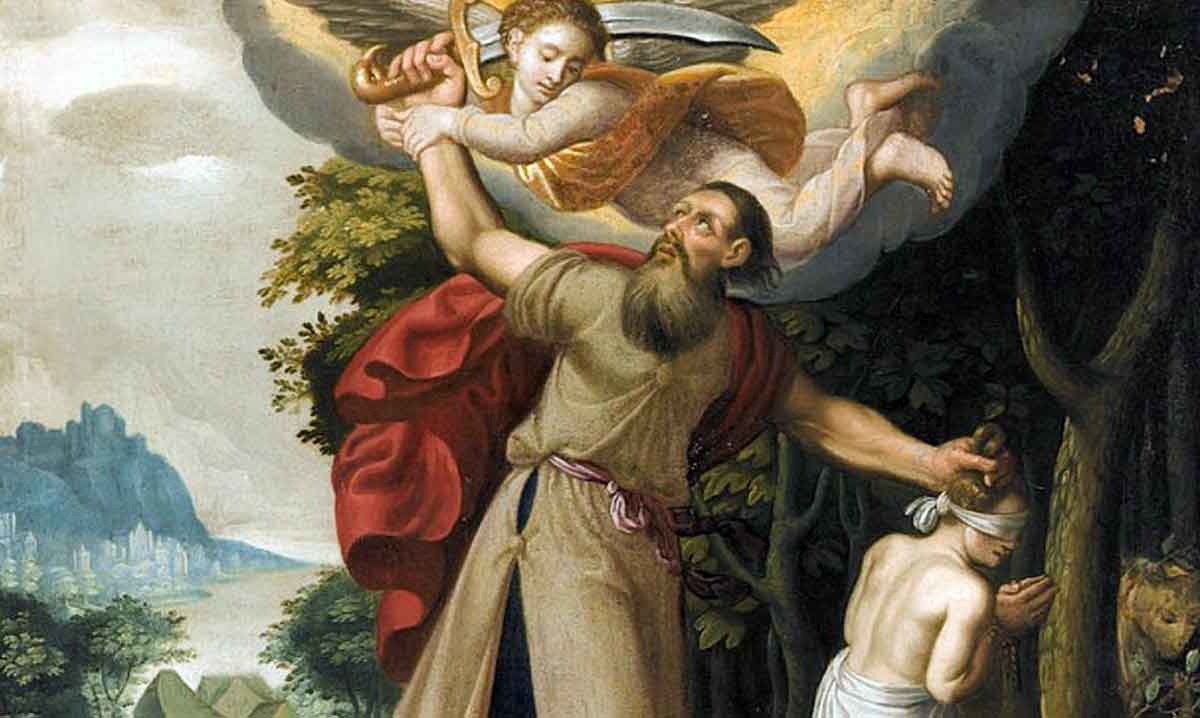
Genesis 1:1
“In the beginning, God created the heavens and the earth.”
The opening verse of the Bible is a source of much contention in theological and scientific circles as the creation vs evolution debate has raged for almost two centuries.
Genesis 3:9-10
“But the LORD God called to the man and said to him, ‘Where are you?’ And he said, ‘I heard the sound of you in the garden, and I was afraid, because I was naked, and I hid myself.’”
Genesis records the Fall and God’s first act toward restoring the relationship with mankind. It is the central theme of the Bible in the Old and New Testaments.
Genesis 6:7-8
“So the LORD said, ‘I will blot out man whom I have created from the face of the land, man and animals and creeping things and birds of the heavens, for I am sorry that I have made them.’ But Noah found favor in the eyes of the LORD.”
When humanity became exceedingly evil, God destroyed most of his creation, sparing only what was required to reestablish a habitat for man and beast. Noah and his immediate family were the only humans to survive according to the Genesis narrative. Most cultures worldwide have some version of a flood narrative.
Genesis 12:1
“Now the LORD said to Abram, ‘Go from your country and your kindred and your father’s house to the land that I will show you.’”
Most theologians accept the Genesis narrative from chapter 12 onward as historical events. Abram, later named Abraham, was the first of the patriarchs and it is believed he was father to the Abrahamic religions: Judaism through Isaac, son of Abraham with Sarah, and Islam through Ishmael, Abraham’s son with Hagar, Sarah’s maidservant.

Genesis 15:1
“After these things the word of the LORD came to Abram in a vision: ‘Fear not, Abram, I am your shield; your reward shall be very great.’”
Despite his childless state, God made a covenant with Abraham and promised him that he would be the father of many nations. Today, Israelites and Arabs claim to have descended from Abraham.
Genesis 25:26
“Afterward his brother came out with his hand holding Esau’s heel, so his name was called Jacob. Isaac was sixty years old when she bore them.”
From the birth of Jacob, the Biblical narrative details the deceptive character of this younger brother, the second son of Isaac and grandson to Abraham. Through deception, he appropriated the inheritance of his brother Esau.
Genesis 35:10
“And God said to him, ‘Your name is Jacob; no longer shall your name be called Jacob, but Israel shall be your name.’ So he called his name Israel.”
God renamed Jacob (deceiver), Israel, which means “He who struggles with God.” His character changes through his interactions with God. His twelve sons would become the fathers of each of the twelve tribes of the nation Israel.
Genesis 41:42
“Then Pharaoh took his signet ring from his hand and put it on Joseph’s hand, and clothed him in garments of fine linen and put a gold chain about his neck. And he made him ride in his second chariot. And they called out before him, ‘Bow the knee!’ Thus he set him over all the land of Egypt.”
By divine intervention and providence, Joseph became a trusted aid to Pharoah, setting into action events that would lay the foundations for the second book of the Pentateuch, Exodus.
Contemporary Relevance
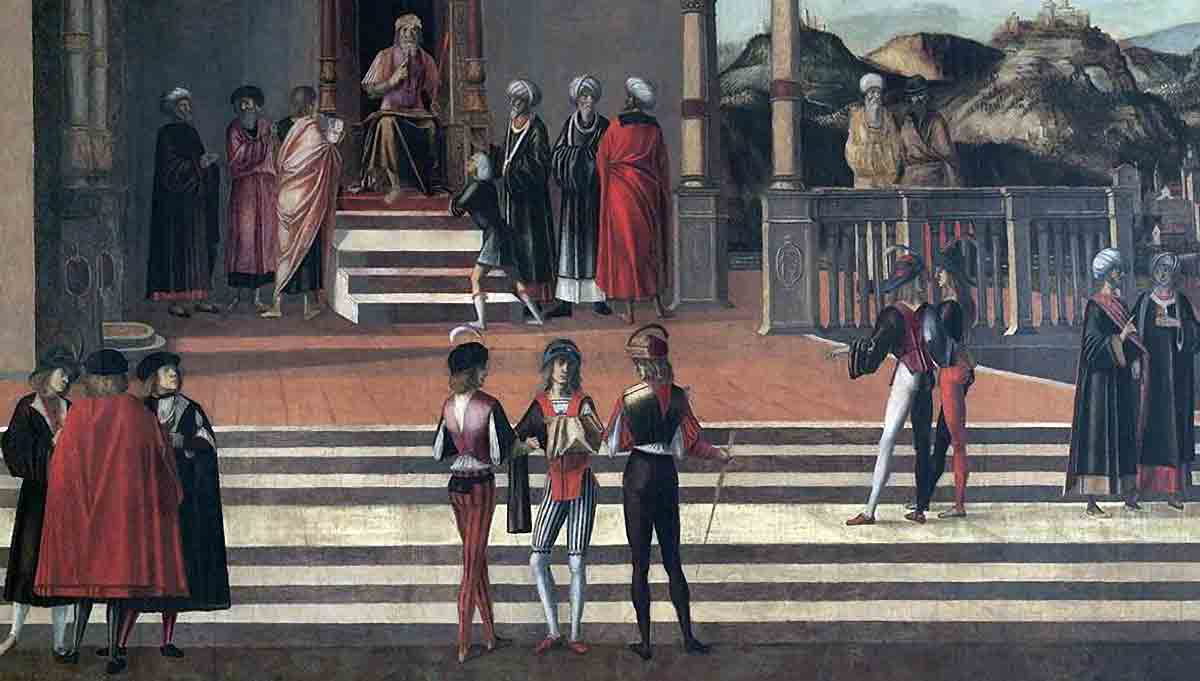
Genesis is relevant to three religions: Judaism, Christianity, and Islam. The contemporary reader will benefit from reading Genesis because it forms the foundation for many New Testament teachings. Among these are the expectations of the second coming and who will be taken, and left, where Matthew 24:27 and Luke 17:26 refer to Noah as the example, hinting at Genesis 7:23 as a guide. Similarly, the narrative about Sodom and Gomorrah serves as an example of the destruction of the wicked at the end of time (See 2 Peter 2:6 and Jude 1:7).
The New Testament authors accepted all of Genesis as historical and based much of the principles it teaches on Genesis narratives. Matthew 19:4–6 and Mark 10:6–9 refer to the Genesis narrative as a basis for marriage. Likewise, Romans 5:12–21 and 1 Corinthians 15:21–22 consider the narrative of the fall when explaining Christ’s mission.
The contemporary believer’s hope in the creation of a new Heaven and a new Earth depends on the belief in the historicity of the Genesis narrative on creation. If God did not create in the beginning, how would he be able to establish “a new heaven and a new earth, for the first heaven and the first earth had passed away”?
